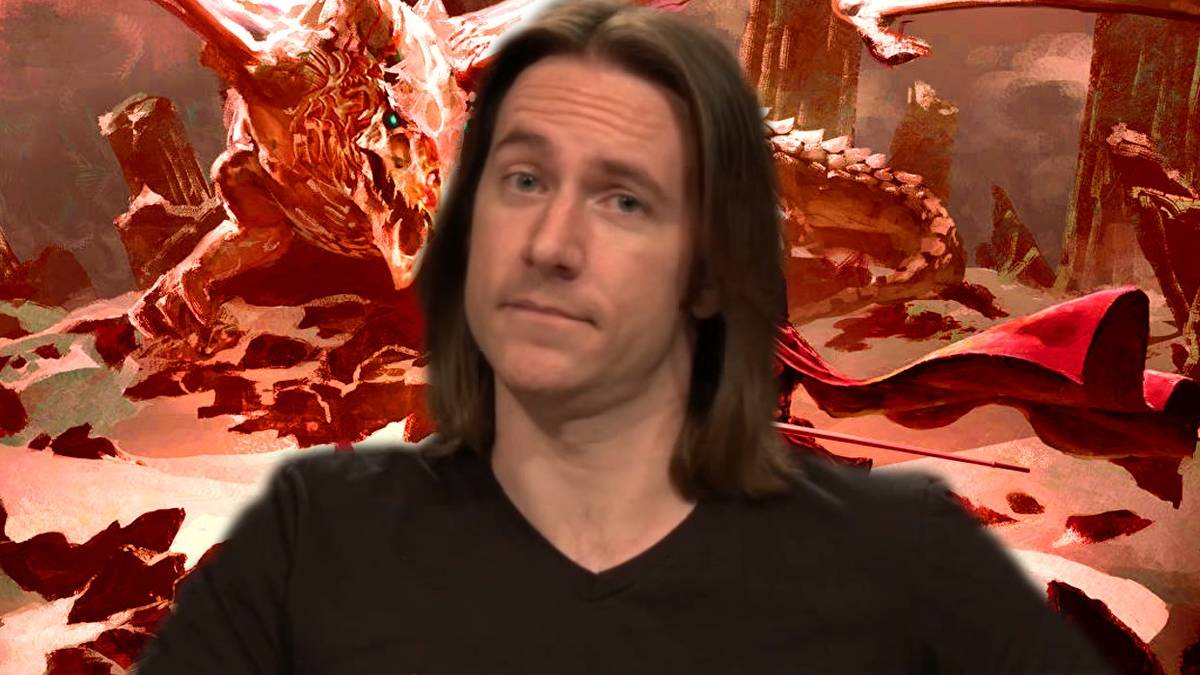I mean, from what I've read about the original game everyone had a wizard and a cadre of henchmen fighters as characters. Their fighters really were there to protect the wizard.in 1e and 2e the caster NEEDs the fighter more then in 3e and 5e, but I think dating back to the circle of 8 D&D has it's roots in caster protected by and working with... but not really even (except 4e)
I'd say it would be an interesting game to have one player play a wizard while everyone else is playing their bodyguard, and then rotate between different parties with different players as the wizard of the party from week to week. But now I'm just describing the basics of troupe play for Ars Magica ...



